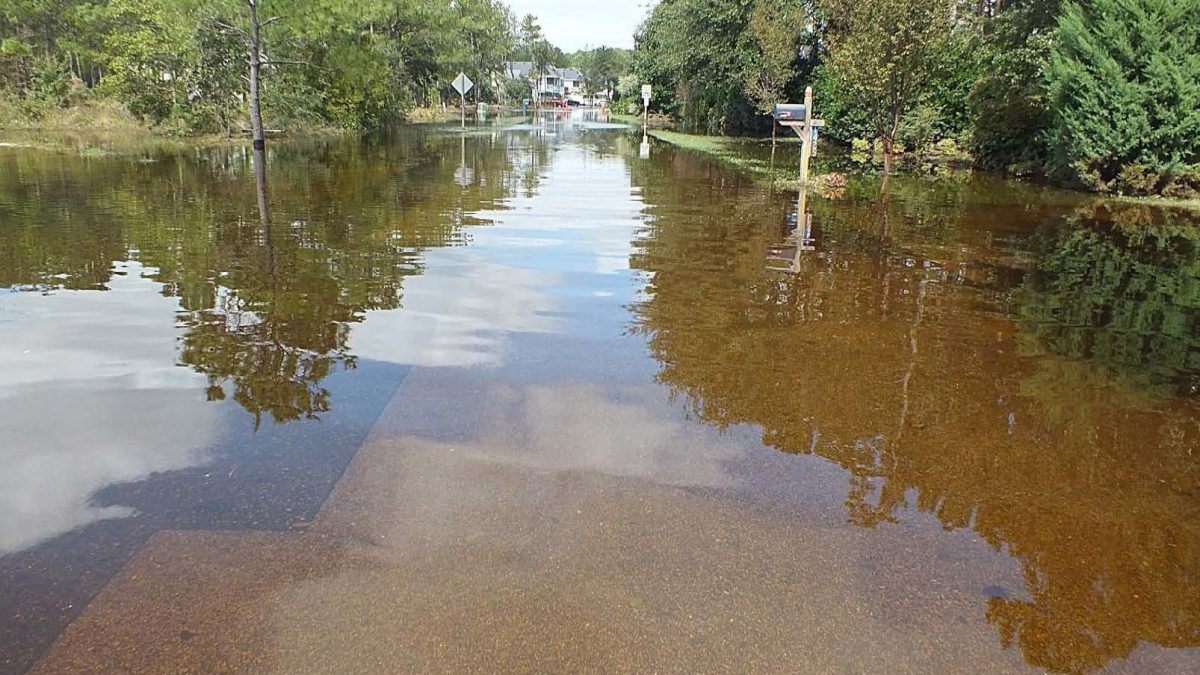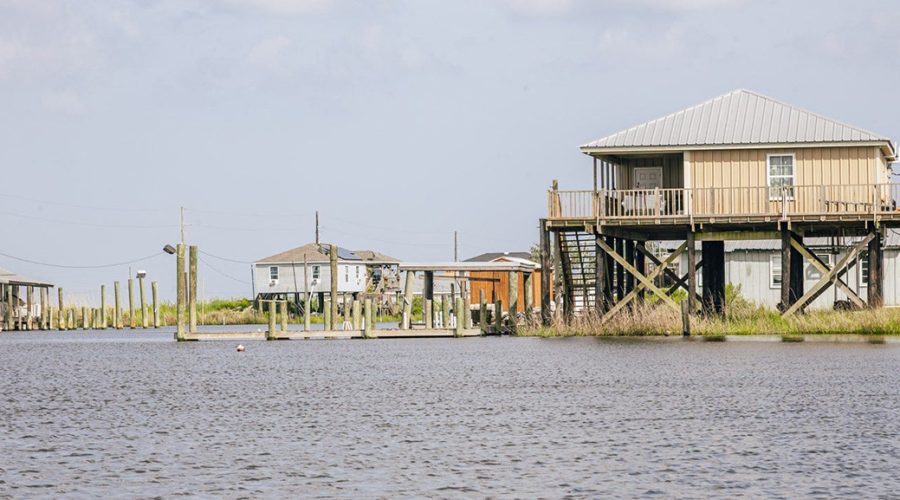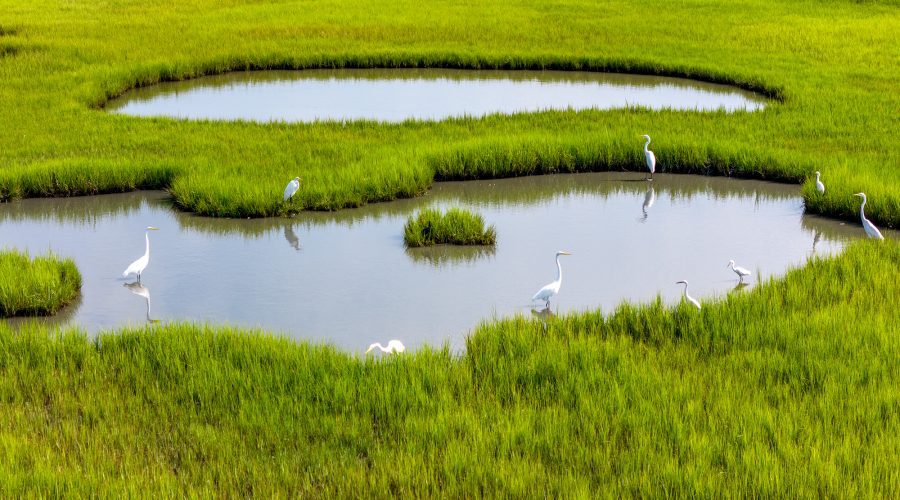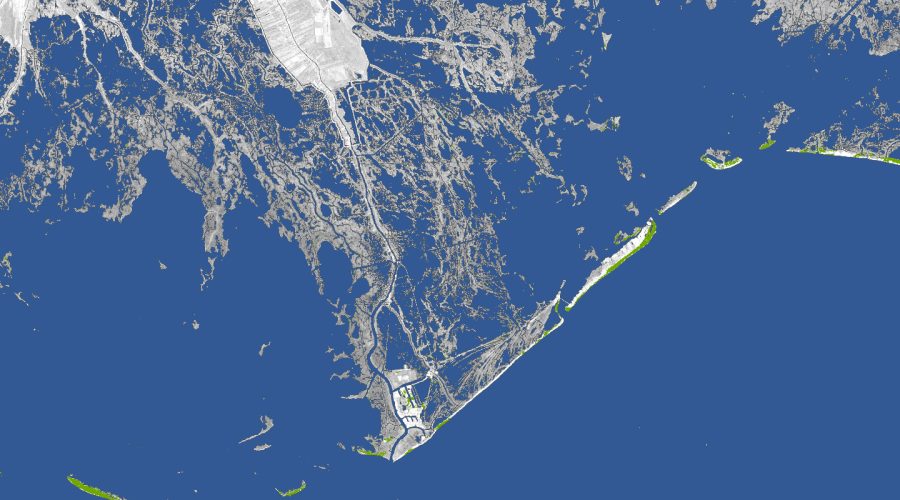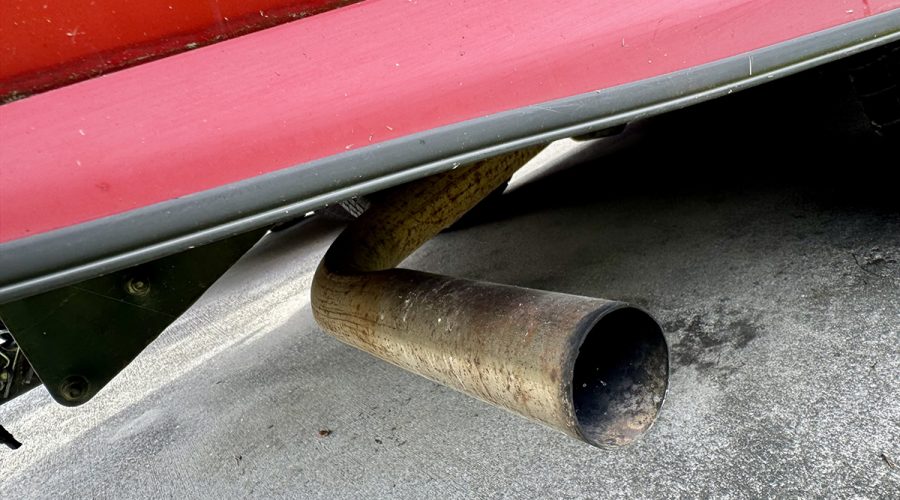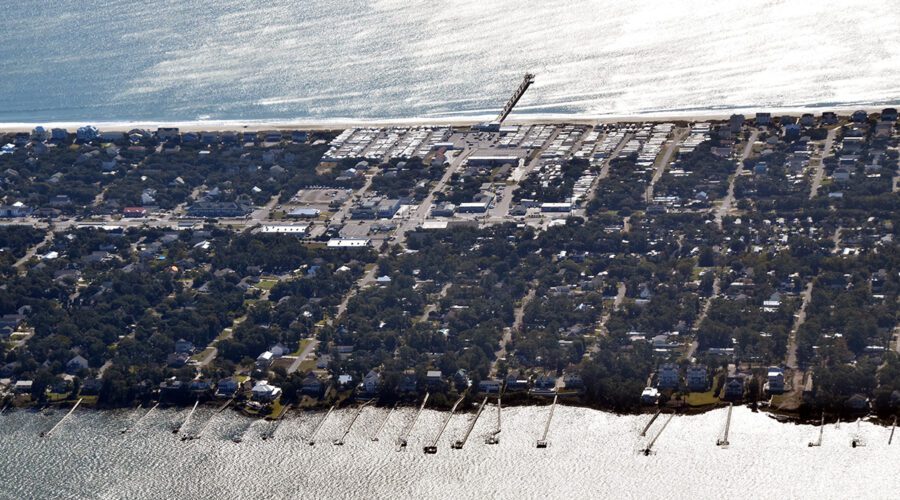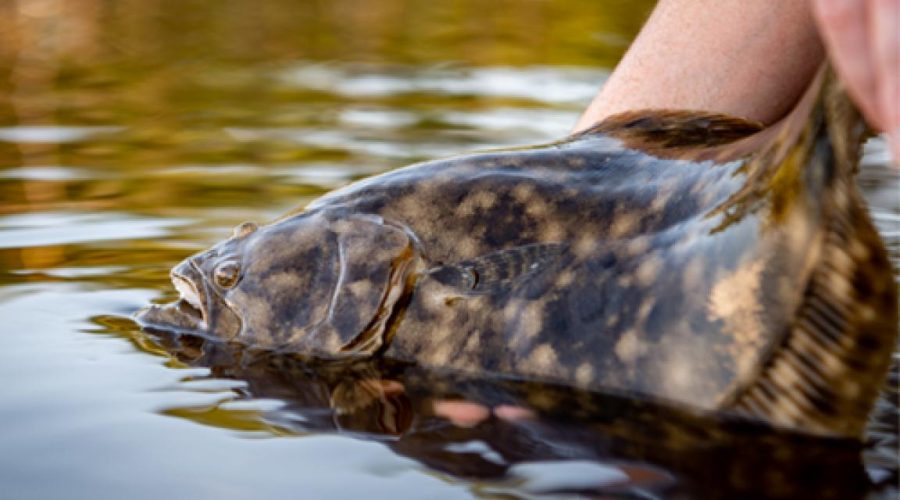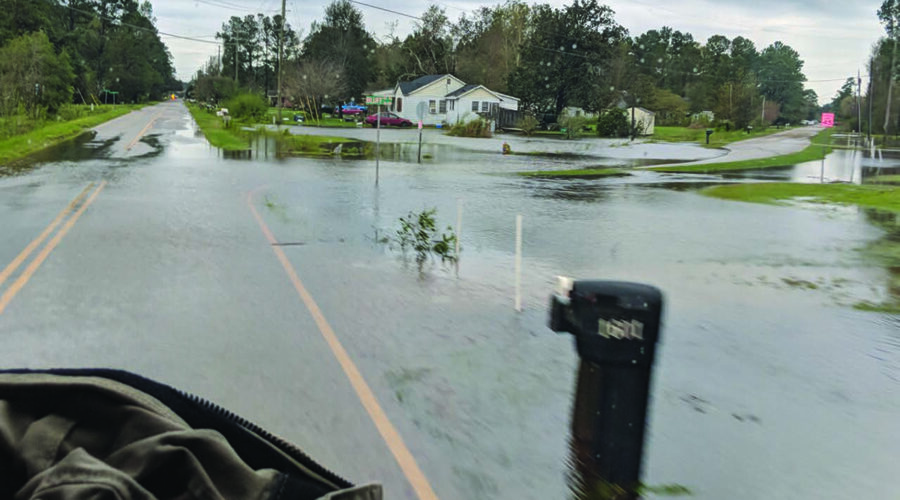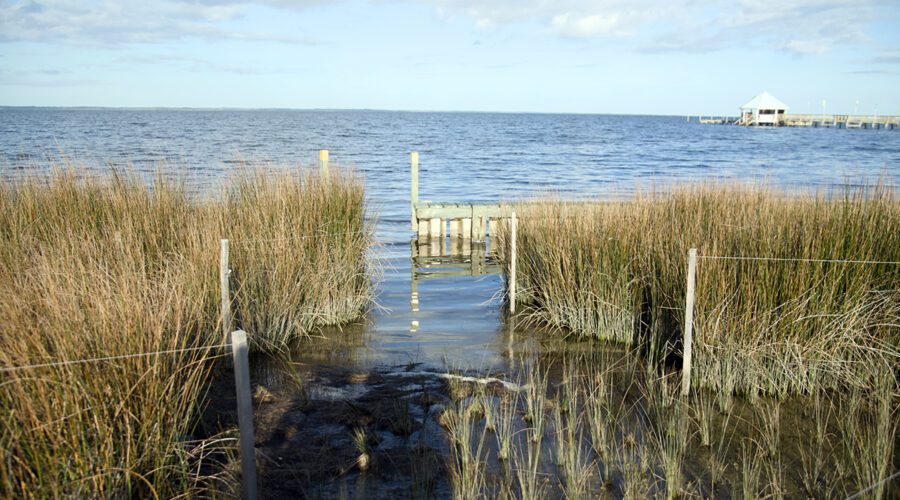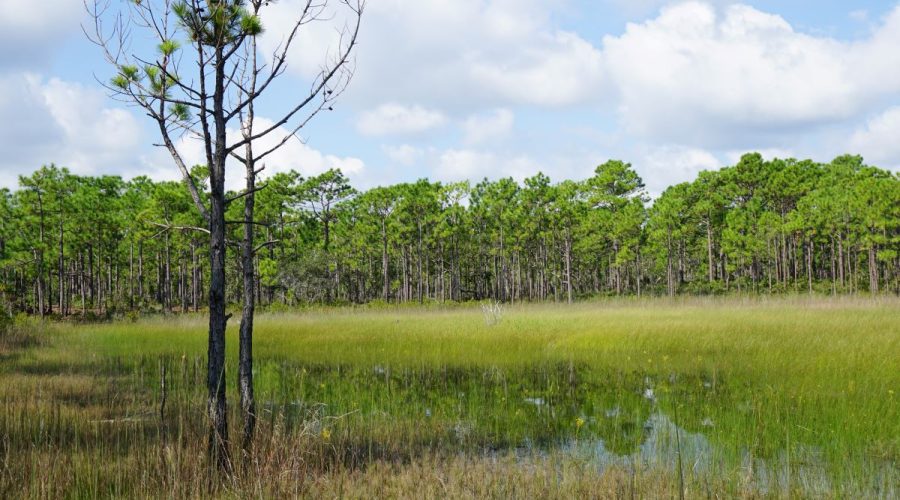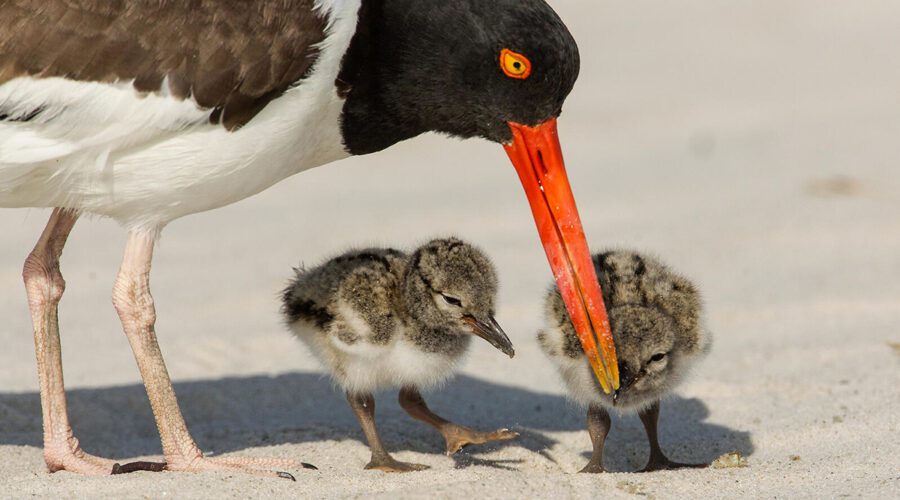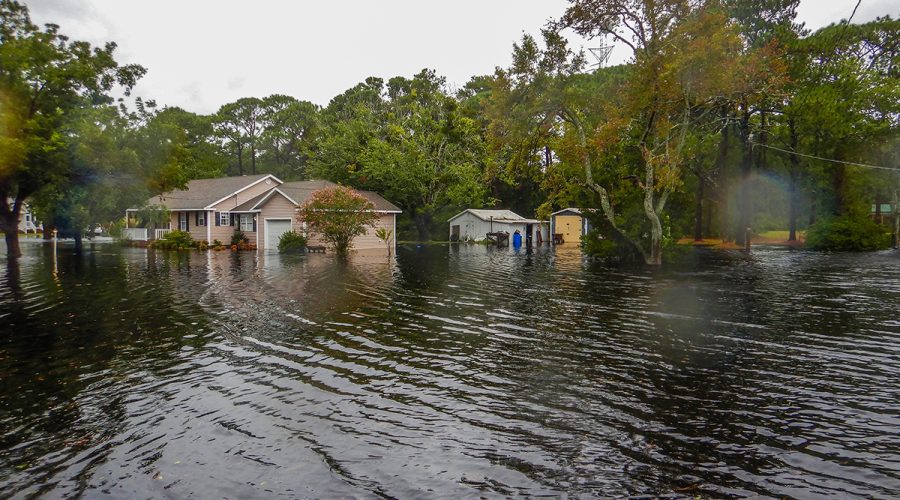National precipitation forecasting has for decades been hamstrung by static and inadequate climate models, but new tools are in development to provide more accurate rainfall predictions.
climate change
Residents at leading edge of climate crisis see no way to leave
People in southern Louisiana have seen their land disappear at an alarming rate, but for them, like many who live in low-lying areas along the North Carolina coast, “home is more than the building you live in,” and retreat isn’t an option.
Coastal habitats are North Carolina’s hidden climate engines
North Carolina’s abundant coastal wetland ecosystems are highly effective carbon storehouses, serving to slow climate change’s pace while also providing vital fish nurseries, wildlife havens and storm buffers.
Vanishing Bayous: On a boat at ground zero for sea level rise
Second in a series: Folks on Louisiana’s bayous, where Big Oil is really big, know firsthand the perils of sea level rise, and a group of North Carolinians recently visited there looking to start a conversation.
DEQ to hold information session on draft climate action plan
State environmental quality officials are holding a virtual information session Thursday morning to give an overview of the draft Comprehensive Climate Action Plan.
Global photosynthesis rates trend differently on land, at sea
A recently published study finds that plants on land are increasingly absorbing more carbon, while Earth’s oceans are taking in and storing less.
Southern flounder: Warmer seas may skew iconic fish’s future
Guest commentary: Southern flounder are unusually sensitive to climate change because water temperatures during their juvenile stage determines whether they develop as male or female — and the implications are stark.
Proponents of Leland flood zone rules say it’s a moral issue
Advocates of the Brunswick County town’s proposal to strengthen and expand flood zone building rules say officials must ensure they are not putting property owners, emergency personnel in danger.
State awards nearly $6 million in coastal resiliency grants
The state Division of Coastal Management’s award of nearly $6 million aims to help local coastal governments plan, design and build projects that will help them be better prepared for increasingly extreme weather events.
Global wetlands loss strips trillions in economic benefits
An intergovernmental report concludes that if the world’s wetlands continue to vanish and deteriorate it may equate to tens of trillions in economic loss.
Plan would address threatened eastern black rails’ habitat loss
A public comment period is open on a proposed management plan that seeks to rebuild the once-abundant birds’ numbers by permanently protecting coastal marshes and helping private landowners create habitat.
Ocean water is changing colors, getting warmer: Study
Duke researchers used more than two decades’ worth of satellite data collected by a NASA instrument that scans the globe every two days to analyze the changing colors of the open ocean, which could have an effect on fisheries.
Shorebirds among species in steepest decline in latest count
Audubon’s 2025 State of the Birds Report shows East Coast species such as least terns, American oystercatchers and piping plovers are diminished in numbers with shorebirds most heavily represented among those at a perilous tipping point.
Interactive webinar to center on flood readiness, recovery
The 60-minute webinar June 11 will feature a panel discussion on real-world lessons, unexpected challenges, and best practices for fast, effective implementation to prepare for and recover from flooding.
Bulkhead alternatives could reimagine a changing coast
Duke University undergraduate Ava Kocher in this guest commentary explores the value of using living shorelines to protect wetlands and property.
Forecasters predict 13 to 19 named storms for 2025 season
National Weather Service forecasters are predicting the 2025 Atlantic hurricane season, which begins June 1 and ends Nov. 30, to have above-normal activity.

